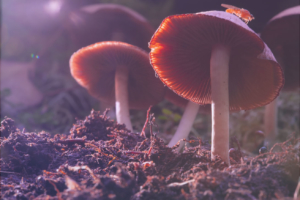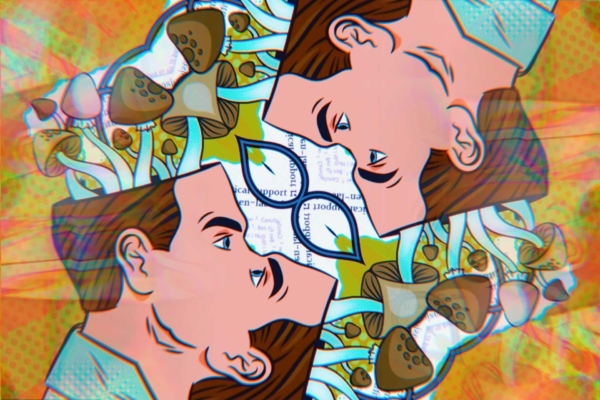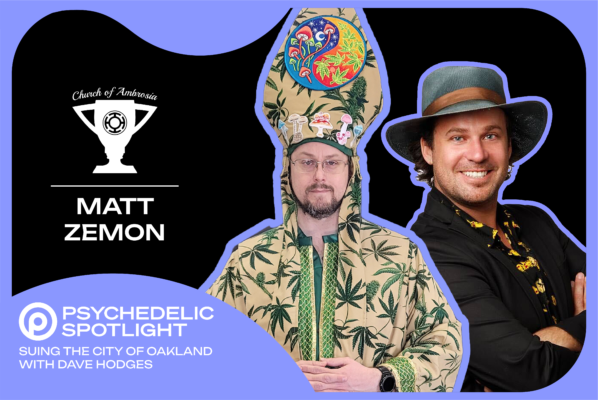MindMed (NASDAQ: MNMD), (MMED: NEO) has been added to two major indexes; the Russell 3000 and the Morgan Stanley Capital International Canada Index.
In this segment we will explain what that means and how this news will influence the stock price.
Links:
MindMed (MMED / MNMD) added to the Russell 3000:
https://www.reddit.com/r/MindMedInvestorsClub/comments/nsle8l/mnmd_added_to_the_russell_3000_index/
https://www.reddit.com/r/MindMedInvestorsClub/comments/nsqcz5/big_news_mindmed_has_been_added_to_one_of_the/
MindMed added to the MSCI Canada Index:
https://financialpost.com/pmn/press-releases-pmn/business-wire-news-releases-pmn/neo-exchange-announces-eligibility-in-msci-indexes
Remember to Like, Subscribe, and SMASH that notifications bell to keep up to date on all the latest Psychedelic Stocks news!
Follow us on social media! 🙌
Instagram: @thepsychedelicinvestor
Email: thepsychedelicinvestor@gmail.com
Facebook: @thepsychedelicinvestor
Music: www.bensound.com
Video editing: @themyaholy
https://benzinga.grsm.io/jameshallifax1834
https://benzinga.grsm.io/thepsychedelicinvestor
DISCLAIMER: I am not a financial adviser nor a CPA. These videos are for educational and entertainment purposes only. Investing of any kind involves risk. While it is possible to minimize risk, your investments are solely your responsibility. It is imperative that you conduct your own research. I am merely sharing my opinion with no guarantee of gains or losses on investments.
All of the information in this video is public information that James (The Psychedelic Investor) believes to be reliable but it is not guaranteed to be 100% accurate and as such should not be used as advice. Any opinions or thoughts from James (The Psychedelic Investor) are subject to change.
#MindMed #MNMD #MindmedNews
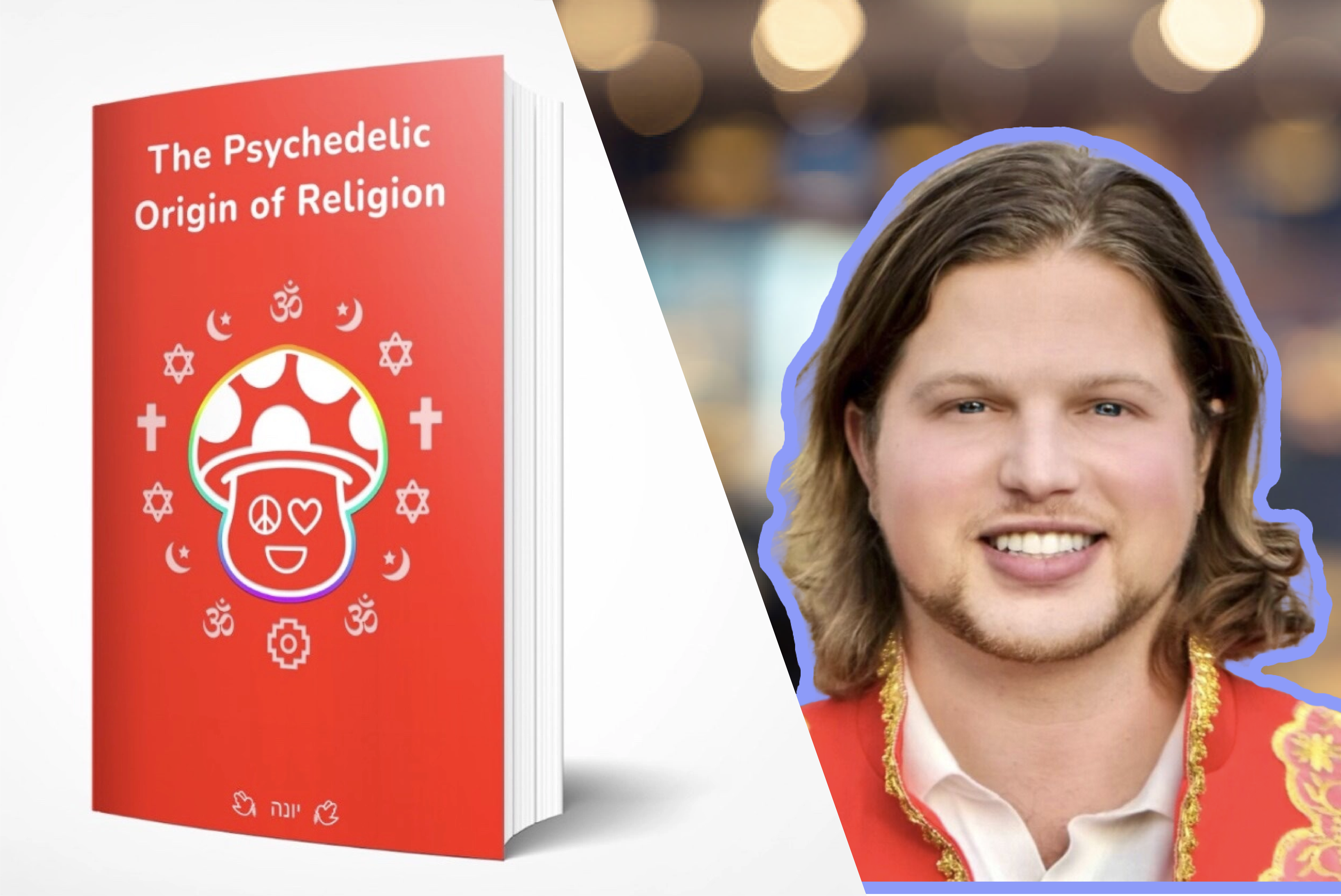
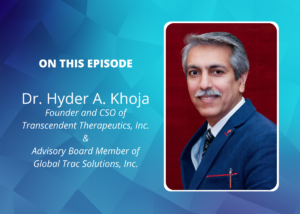
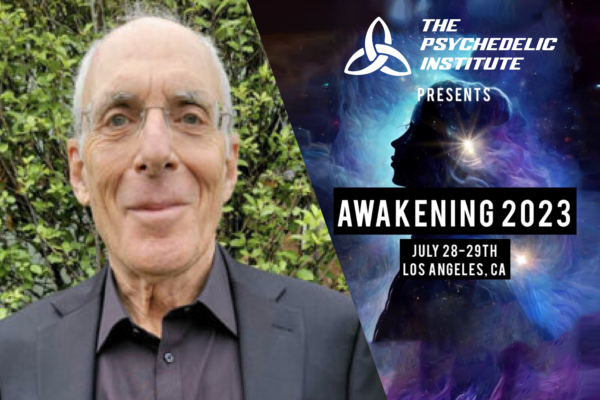
![MindMed Added To The Russell 3000 and The MSCI Canada Index [Where Does MNMD/MMED Go From Here?]](https://psychedelicspotlight.com/wp-content/uploads/2022/06/maxresdefault-124-600x338.jpeg)
